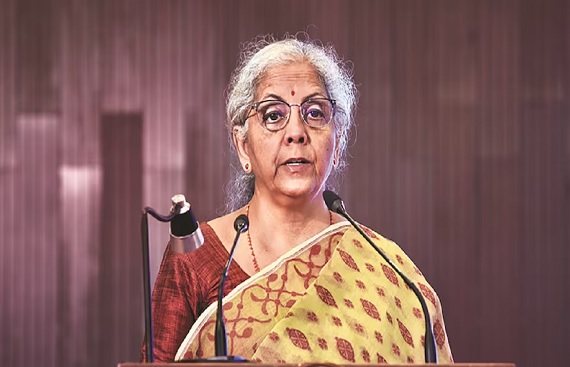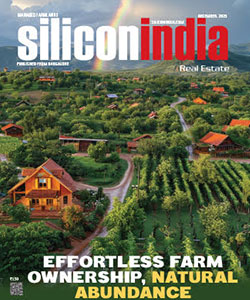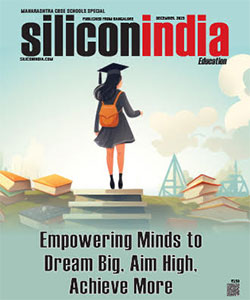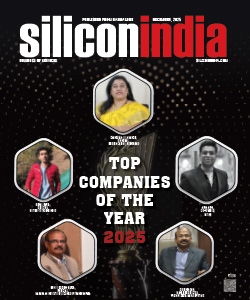Budget 2024: Prioritizing Skill, Infrastructure and Academic Investment
By
siliconindia | Tuesday, 23 January 2024, 03:57:59 PM IST

Educators anticipate allocations for teacher training, skill development initiatives, infrastructure enhancement, and research funding in the upcoming Union Budget 2024. The Interim Budget for 2024 is scheduled to be presented by Union Finance Minister Nirmala Sitharaman on February 1. According to Rekha Kejriwal, academic director of Academy of Fashion and Art (AFA), it is important to strike a careful balance between in-school and after-school learning. “There is a need to emphasize enhancing the digital capabilities of schools and promoting a supportive environment for asynchronous learning at home. This dual focus is important to ensure a well-rounded educational experience for all", she said.
The director recommends directing funds toward teacher training programs aimed at incorporating technology into classrooms. Additionally, the suggestion includes the introduction of scholarships for high-achieving students at both school and college levels, particularly those encountering difficulties in accessing digital resources. The academician emphasized that the budget's dedication to these initiatives would play a crucial role in enhancing the overall quality of our education system.
Senior Director of Admissions at Gitam Deemed-to-be University, Nidheesh Saxena, anticipates that the Union Budget 2024 will play a pivotal role in establishing a tax framework supportive of educational progress, tackling financial obstacles for students, and aiding the objective of attaining a higher Gross Enrollment Ratio (GER). He underscores the importance of thorough teacher training programs for the upskilling of educators. Chef Balendra Singh, Director of the Institute of Bakery and Culinary Arts, advocates for the allocation of funds towards skill development initiatives, technological advancements, and the improvement of infrastructure in hospitality education as part of the list of demands.
As per Dhara Thakore, head, of Incubation and Office of Career Service, Anant National University, with the emergence of new-age technologies, there is a shift in the preference of students from traditional to creative industries such as design, fashion, literature, gaming etc. Creating an environment that supports the growth of this sector will require combining various learning dimensions such as research, innovation, skill development and entrepreneurship. The Interim Budget 2024 should prioritize budgetary allocation and policy-level support to boost infrastructure and research, and protect intellectual property and experiential learning in this sector, particularly for private higher educational institutions, said Thakore. Moreover, the government could allocate a budget to the academic startup ecosystem to convert nascent ideas into groundbreaking business ventures.
Director of MDI Gurgaon, Professor Arvind Sahay, suggests advocating for a heightened allocation of funds to bolster digital infrastructure, foster technology-driven learning, and narrow the digital gap. Significantly, investments in cutting-edge infrastructure, the integration of technology, and research facilities hold importance. The budget could also give precedence to skill development initiatives to align with the dynamic job market. The professor anticipates measures that back the advancement of online learning platforms, digital infrastructure in educational institutions, and the application of artificial intelligence in diverse domains.
"Additionally, the budget should prioritize initiatives for faculty development, teacher training and ensuring a skilled and motivated teaching workforce, especially at the primary level. I believe that efforts to address the affordability and accessibility of education, especially for marginalized communities, may feature prominently. Not to forget, given the global emphasis on science, technology, engineering, and mathematics (STEM) education, the budget could allocate resources to strengthen these fields", Sahay added.
Read More News :
CM Yogi Adityanath Honors Netaji Subhash Chandra Bose on 128th Birth Anniversary in Lucknow
NASA Probe Makes Contact with India's Moon Lander Chandrayaan-3



